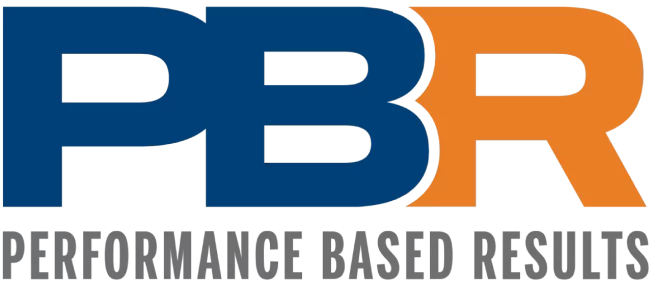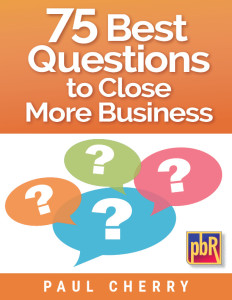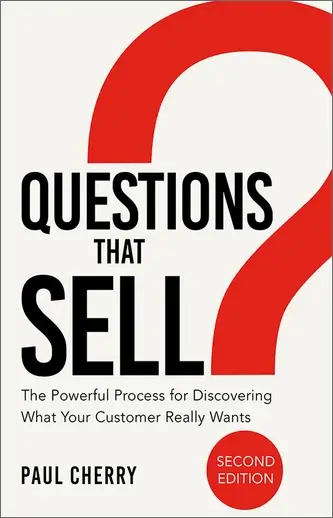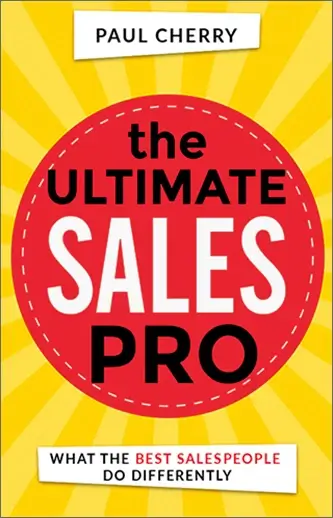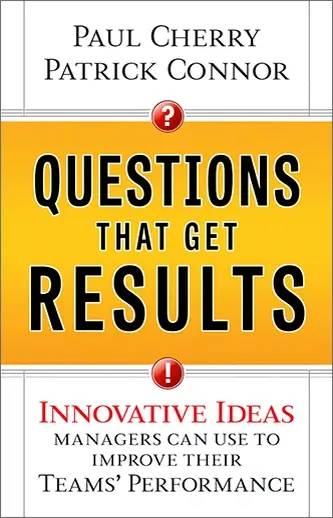I have found that there are five reasons why sales professionals do not ask good questions. Do any of these pertain to you?
The most successful sales professionals ask great questions! If you have been in sales for any length of time, you know that the key to closing more sales is asking the right questions. When I am traveling across North America holding 100 training sessions per year, I talk to sales professionals who know they should be asking engaging questions, but they aren’t. Why?…
1. Salespeople are too often focused on themselves instead of being focused on the needs and wishes of the customer
Many sales professionals are born performers. They feel like they are the main attraction when they go on a sales call. Unfortunately, this also means that they do not know when to shut up. The problem is that the customer should be the one taking the stage, so to speak. A sales call should revolve around the wants, needs, and problems of the customer. If you ever feel like you are competing with your customer over who gets to talk in a sales call, then you may fall into this category.
2. Lack of sales experience leads many salespeople to not ask effective, engaging questions
Unfortunately, too many sales professionals have never acquired the skills to ask good questions. Fearful that they may ask the wrong questions, they could antagonize their customers or come across as ignorant or incompetent. Because of this, they avoid asking questions and hope by demonstrating their knowledge, they will impress the customer. Unfortunately, this approach often produces mediocre results. Download my e-book 75 Best Questions to Close More Business. It’s a wonderful resource for anyone who needs guidance on what sales questions to ask.
3. Salespeople have a natural tendency to speed through the sales process — Don’t rush your customer
Far too many sales professionals feel the need to “cut to the chase” and jump into the solution stage of the meeting so that they can close the deal and move on to the next opportunity. Sales professionals often tell me they want to be respectful of their customers’ time, and this is why they do not ask questions. The problem with this approach is that the customer ends up feeling rushed, or worse, they feel unimportant, as if the salesperson just wants to finish up with them and move on to the next customer! Take time to get to know your customer by asking questions that allow you to find out what he or she really needs
4. Sales pros are too polite to pry — Be persuasive and get sales without crossing a line and becoming pushy
For some, asking customers questions feels intrusive. They worry about being perceived as “nosy,” so they avoid asking too many questions. As a result, they dance around the issues and come across as superficial. While trying to avoid being seen as obtrusive, they end up being perceived as uninterested or incompetent! If you want to establish yourself as an advisor to your customers (which you should!), then you need to know more about their problems, goals, and plans for the future. If your customer does not feel comfortable sharing this information with you, then you need to work harder by asking open-ended questions to cultivate the relationship and encourage dialogue.
5. Many sales professionals are afraid of losing control of the conversation
Many people say that they fear their customer will wander off topic and they will lose control of the sales conversation if they ask too many questions. The truth is, asking good questions gives you the opportunity to manage the sales call conversation and steer it in the direction you choose. Asking good questions actually gives you the opportunity to control the conversation, but the customers feel in control because they are doing most of the talking.
Why sales professionals do not ask good questions – How do you determine if a sales call is good or bad?
I tell this to all of my sales training clients: The litmus test of a good sales call is to ask yourself, who did most of the talking? If it was the customer, that is a good sales call! If it was you (the salesperson), then it is a poor sales call.
